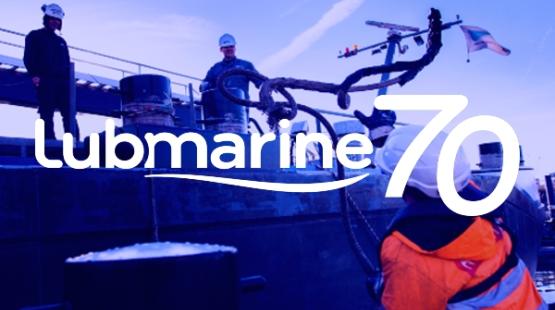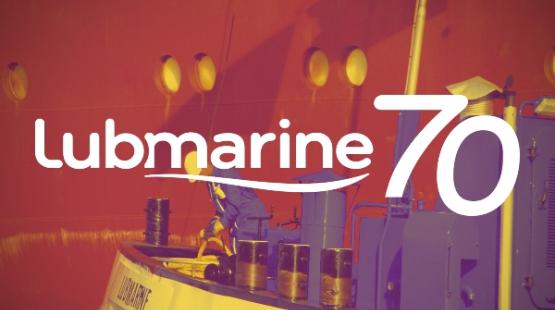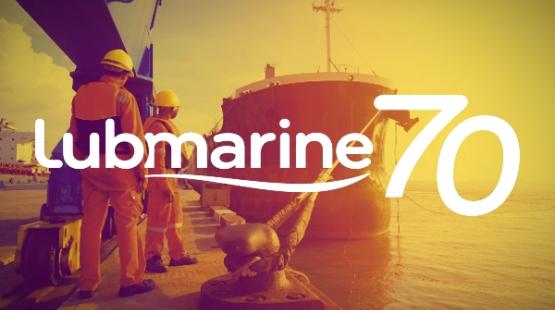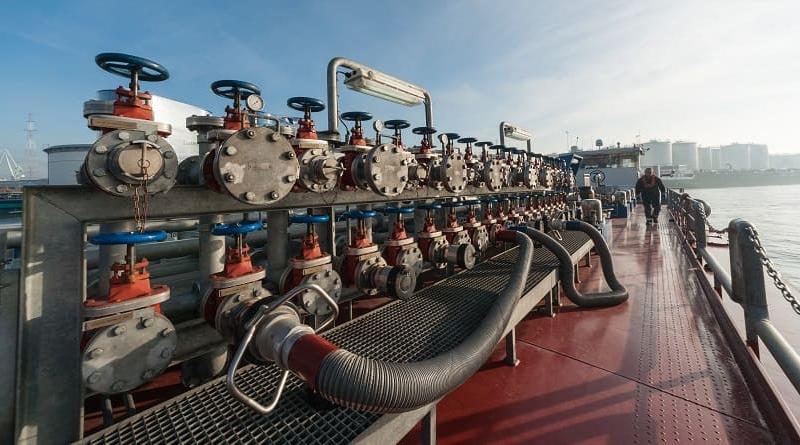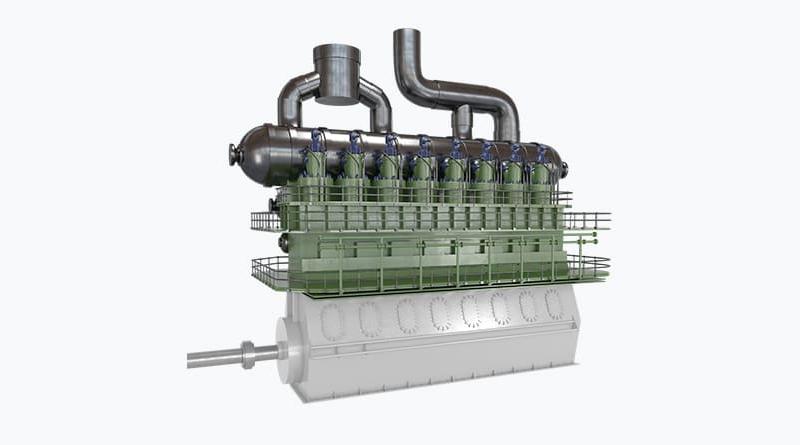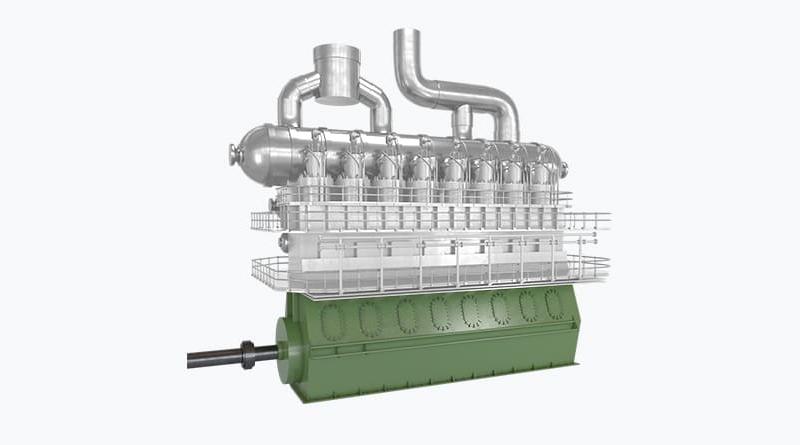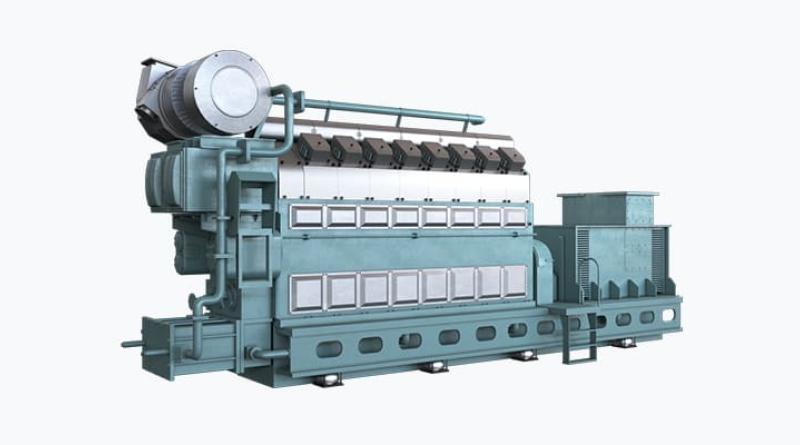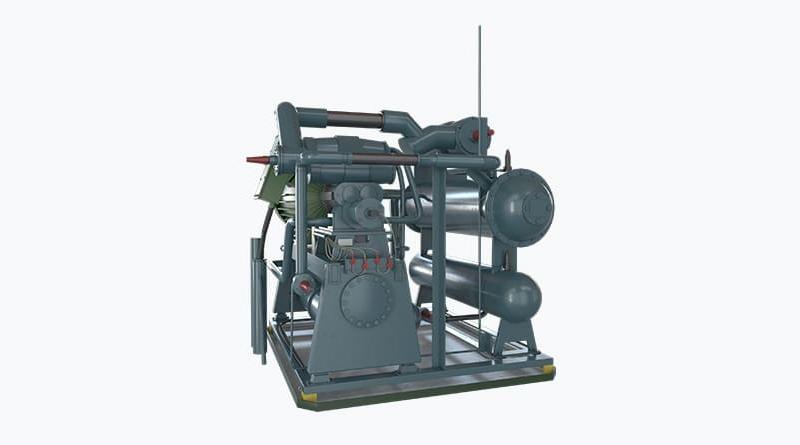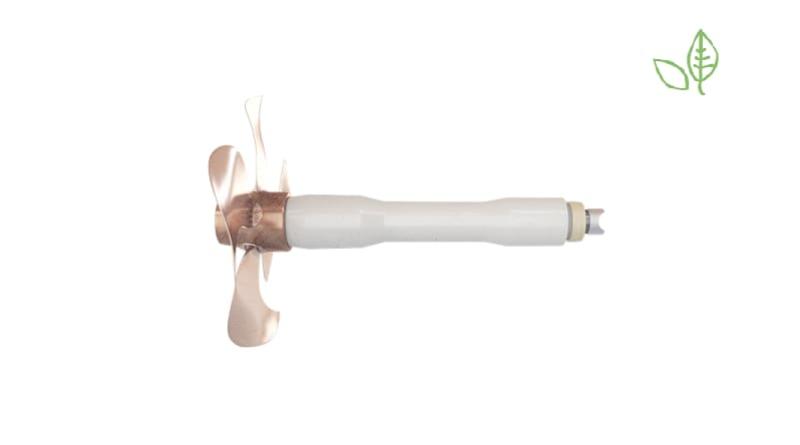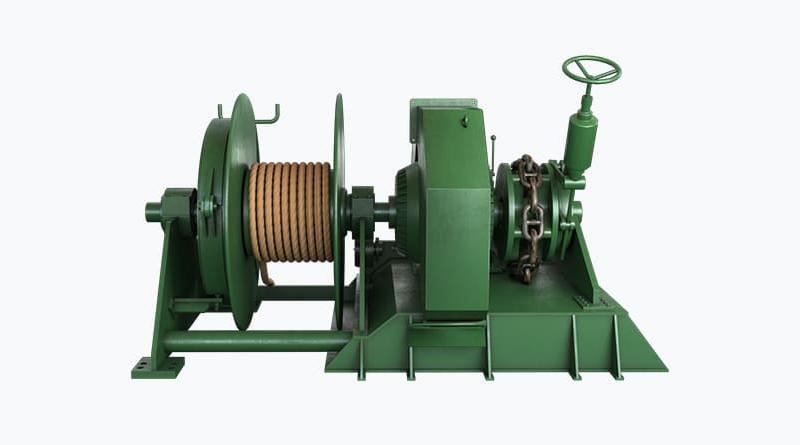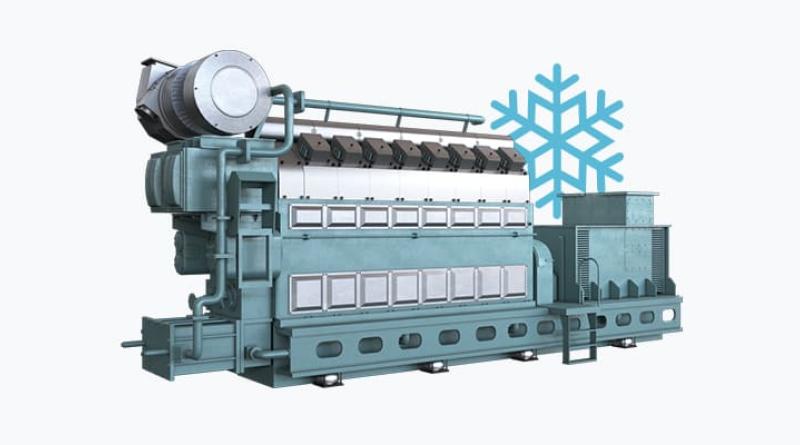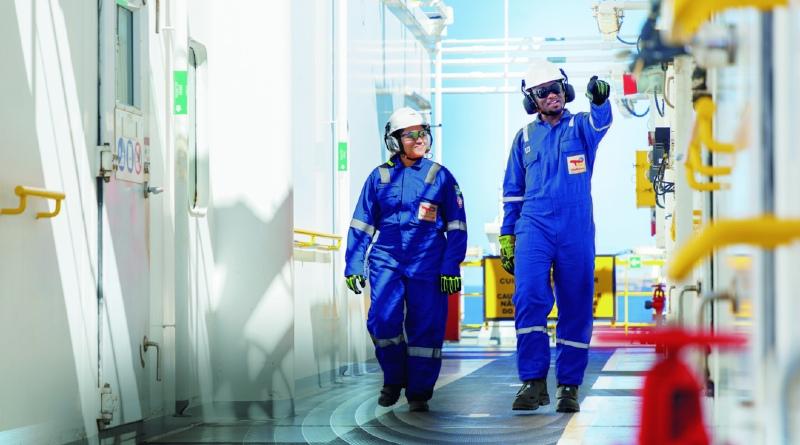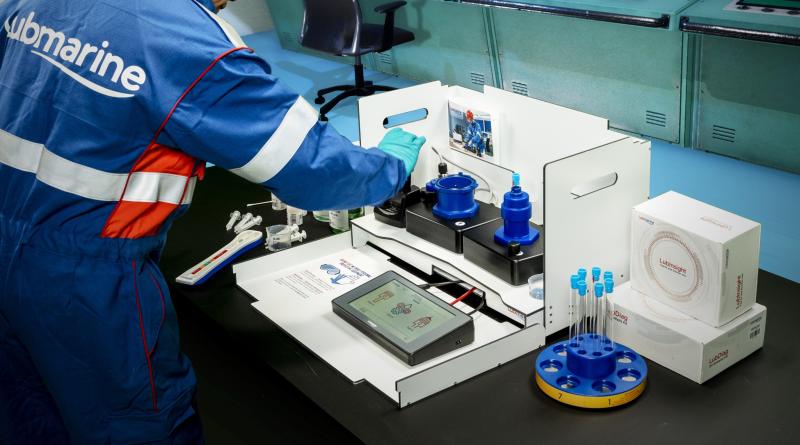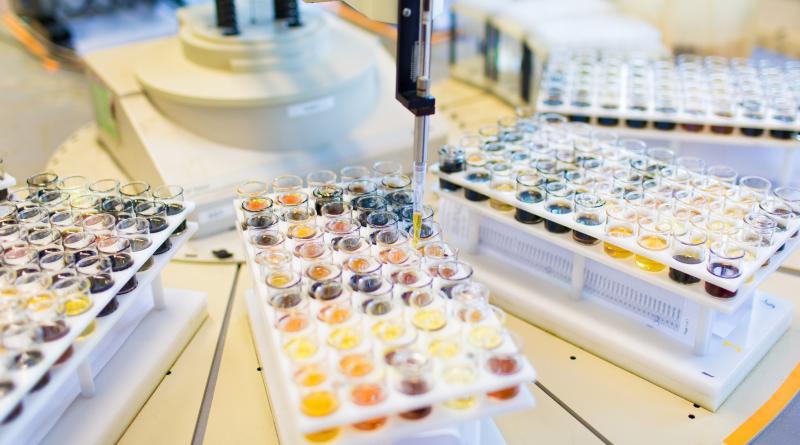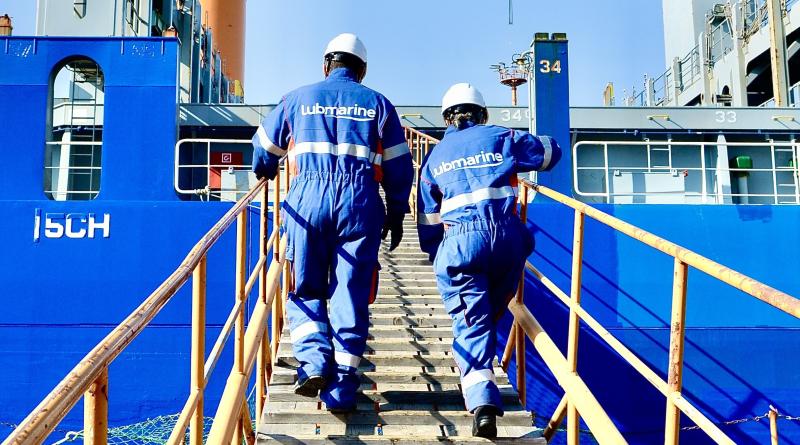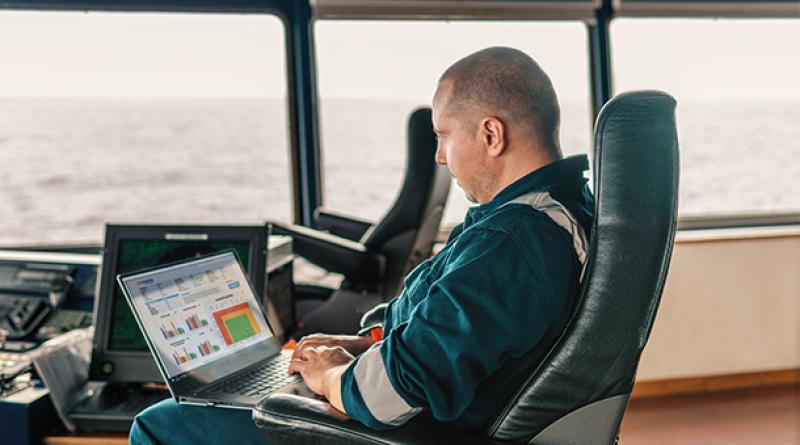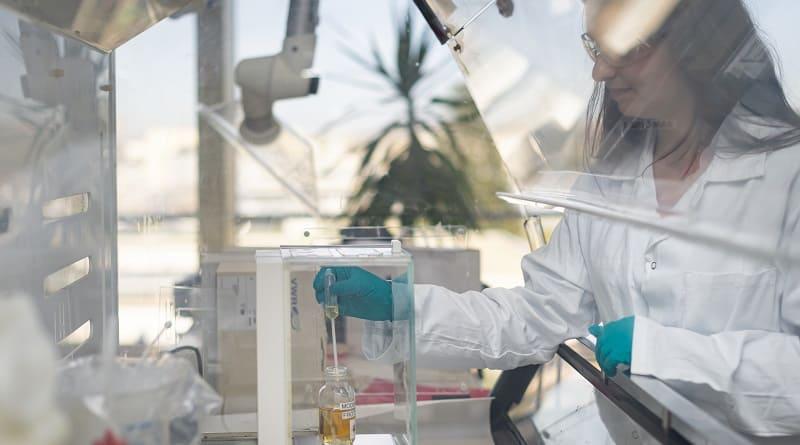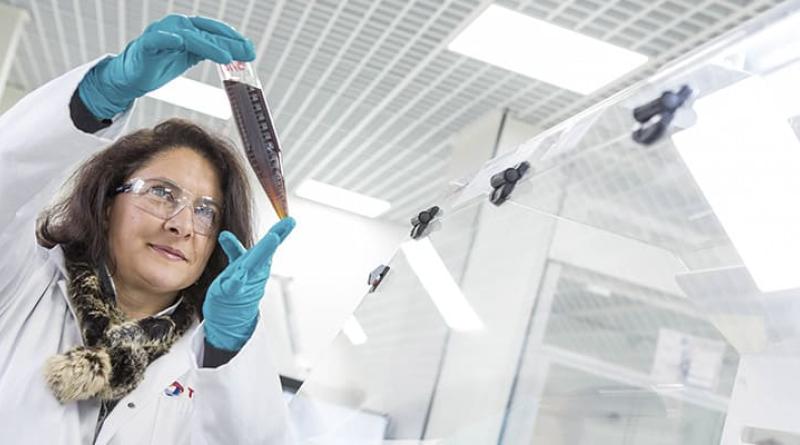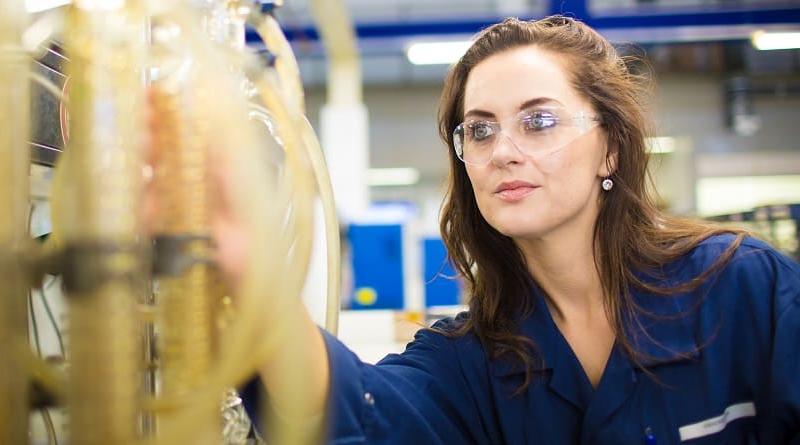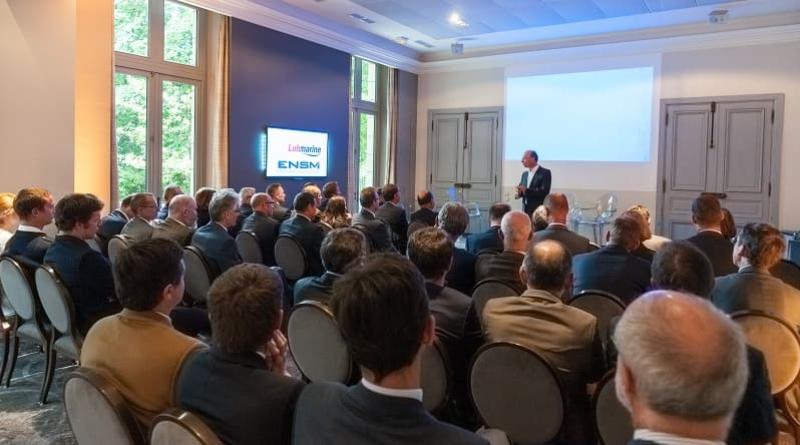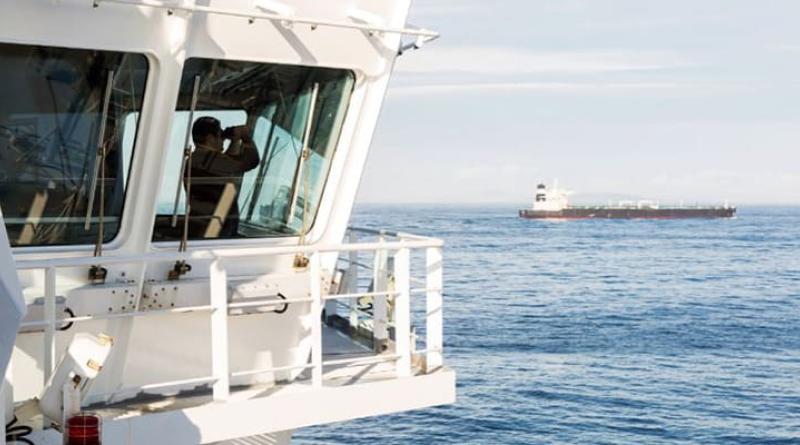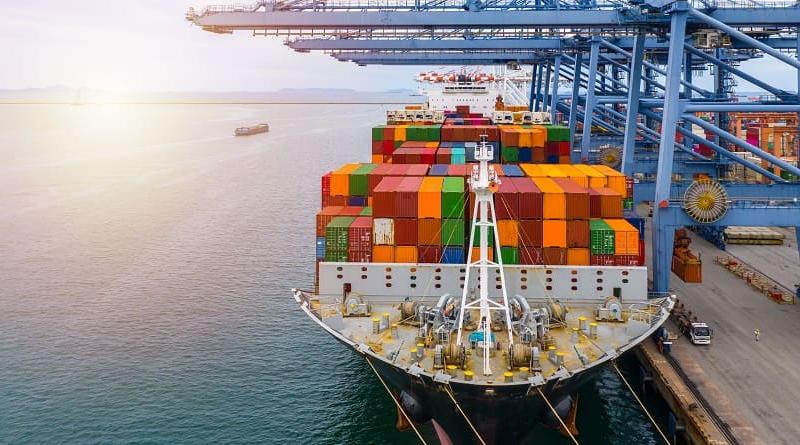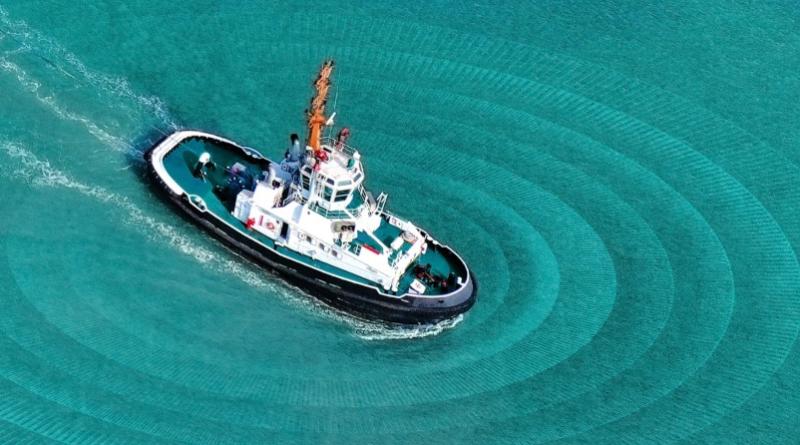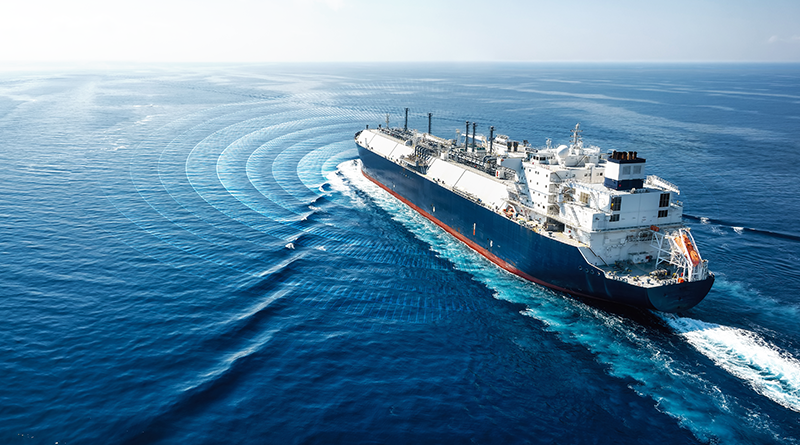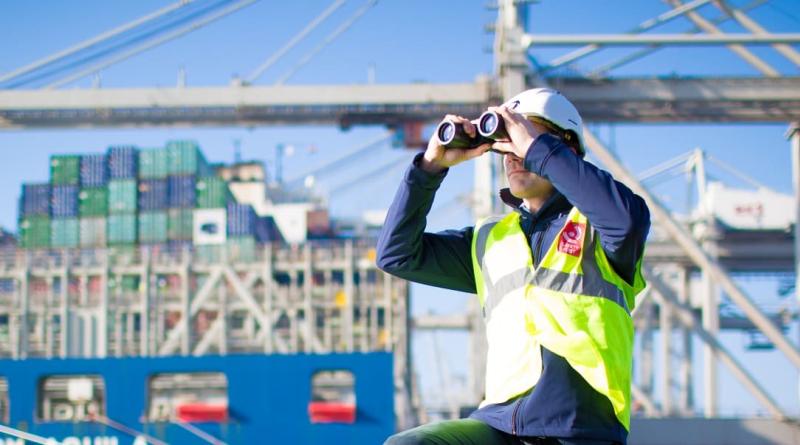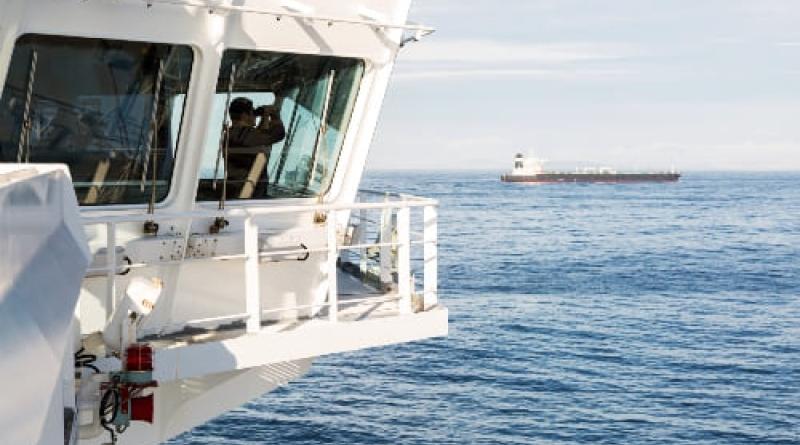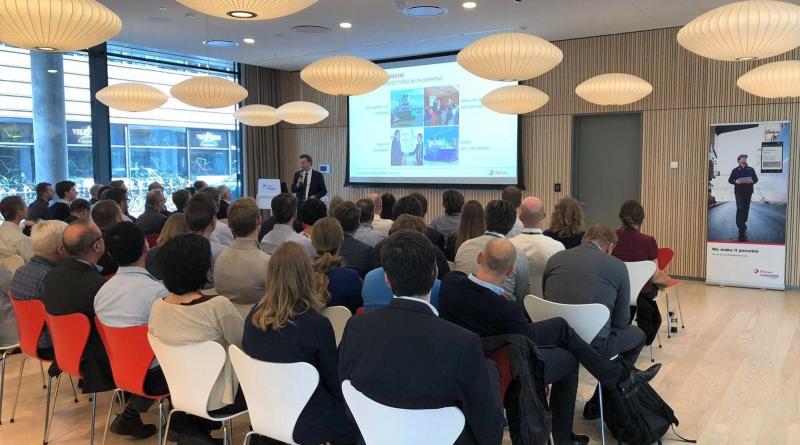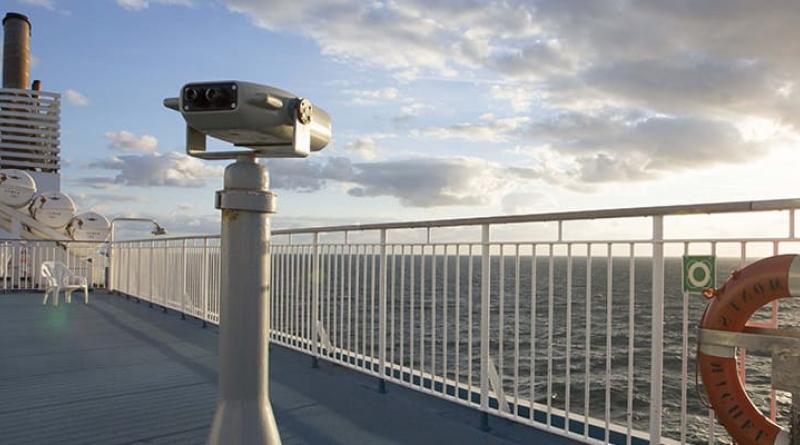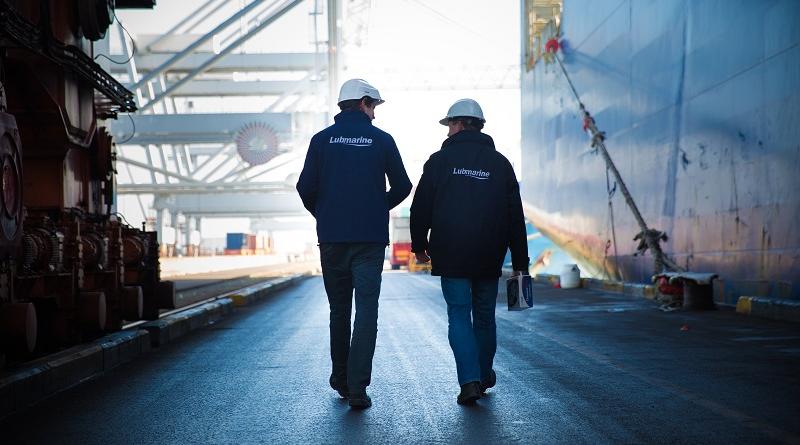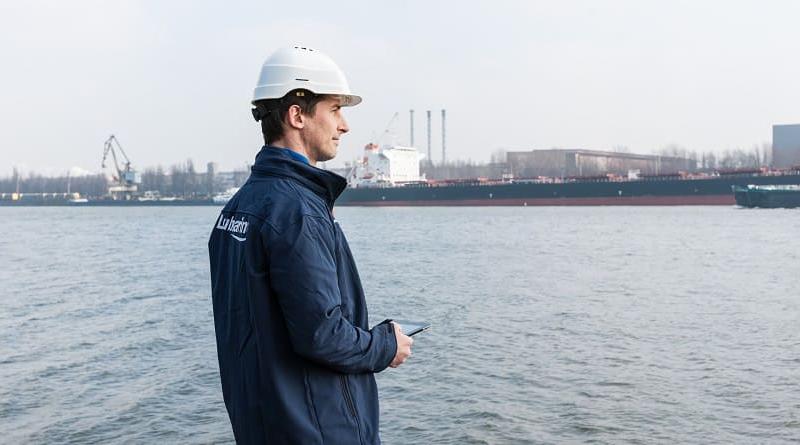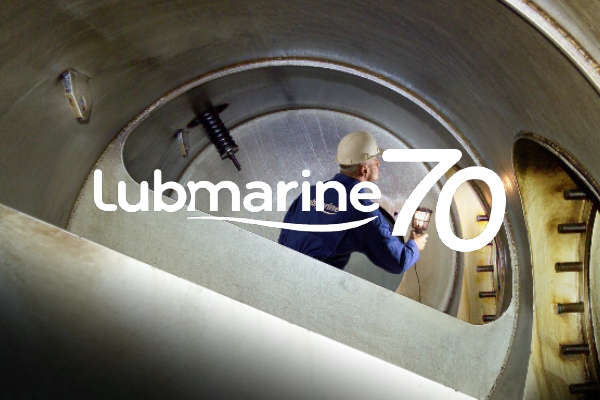
In our continuing series, looking back at the last 70 years of life at Lubmarine, we turn our attention to how we started and developed into a world-class marine lubrication manufacturer and supplier and how, through continuing global change, we have had to adapt to meet the multiple changing needs of the global shipping industry.
70 Years of Vessel Lubrication
In the early years of the business, management at Antar spotted what they thought was an opportunity - to develop a range of cylinder lubrication oils that could provide effective thermal stability for diesel engines using heavy fuel oil.
The challenge they faced was a sizeable one - a lack of appropriate oils and a lack of approval from the manufacturers of marine diesel engines!
During the next few years, development tests on the old bases were largely unsuccessful, as the lubricating oils used did not have the necessary thermal resistance for cooling the pistons of slow speed diesel engines alongside the lubricating oils for "cylinders" being poorly adapted for heavy fuels.
Despite these disappointing beginnings the tests gave rise to the idea of developing new lubrication formulas and between 1954-1957 a period of research and development into the study of the thermal stability of oils ensued.
As part of this study, the founders of the business - Jean Mac Nab and Alain Goldlin - developed a system of tests replicating lubricant behaviour in operation. This culminated in the creation of their ‘coking bench’ enabling lubricant oil to be exposed to similar ageing environments as that of a diesel engine.
By 1957 their work had paid off - Talusia and Atlanta Marine - were created, spending the next 2 years (1957-1959) being tested at sea before finally being approved by engine manufacturers. Our earliest lubricants included:
Atlanta Marine Oil – specially designed for cross head marine diesel engine systems.
Talusia Oil – a two-phase lubricant specially designed for lubricating the cylinders of cross head marine diesel engines running on heavy fuel oils with high sulfur content.
Talusia GR Oil – its properties were enhanced by the addition of a solid lubricant – graphite – delivering lower friction, more uniform lubrication, high temperature resistance and a cleaner engine.
Disola M Oil – a detergent oil for lubricating medium-speed engines running on diesel or gas oil, naturally aspirated or supercharged without high temperature problems.
Through these new products, the Antar business grew quickly, backed by an ongoing research programme focussed on improving, formulating and developing marine lubricants in line with customer needs and the evolution and development of new marine engines.
The Impact of Developing Engine Technology
By 1993/1994, the emergence of the large container ships powered by a new breed of marine engines drove the need for further lubrication formulation developments.
The new engines were completely different compared to the previous ones. As traditional lubricants had not been designed for them, issues started to emerge, in the shape of deposit build-ups.
“We had to come up with a new formula determined by our research department in Solaize to meet the needs of these new generation marine engines,” said Jean-Claude Smadja, General Manager between 1992 and 2002.
The result was a new formulation of the Talusia range designed specifically for these new engines.
Environmental Changes Shaping Lubrication Development
Perhaps one of the biggest challenges that Lubmarine (and the global shipping industry faced as a whole), was the development of the IMO2020 Sulfur Cap Regulations.
Robert Joore, General Manager at the time remembers the major challenges this presented at the time.
“By 2018 we were preparing for Global Cap 2020. This was one of the biggest shift changes in the last 70 years of the shipping industry and had the potential to be a matter of us staying in business or going out of business.
“We had to think about all the elements that played a role in developing a product to meet the new regulations, not just in terms of product development but also in terms of finding the right partners and engines to test our products on.
“While we were trying to develop a new BN40 we also had the idea to test Talusia Universal. With everything we knew about the requirements of the OEMs - TU turned out to be the premium product suitable for the enforcement of the new IMO2020 rule,” he said.
And the decision paid off as Talusia Universal 57BN (SAE 50) received No Objection Letters (NOL), from both MAN ES and WinGD following extensive tests on engines operating on fuels with a sulfur content from 0.00 % m/m up to 1.50 % m/m. This ensured Talusia Universal became seamlessly compatible and proven for any IMO2020 compliant fuel strategy such as LSFO, VLSFO, ULSFO and LNG.
Through the introduction of IMO2020, the issue of engine cleanliness became more important than ever along with the role that marine lubricants could play in providing effective detergency.
To address this issue and deliver a new lubricant with the features and benefits required, Lubmarine developed a new lubricant - Talusia HD40 - delivering the high detergency recommended for demanding slow-speed 2-stroke engines from MAN ES (Mark 9 and above) and in turn, meeting MAN ES CAT II lubricant requirements.
70 Years of Change
The shipping industry has always been impacted and shaped by change – whether that is crisis on a global scale, geopolitical, geographical, environmental regulatory or economic ups and downs.
Throughout the last 70 years we have undoubtedly learned the importance of flexibility and durability.
Those who have been at the helm of the business share some of their key memories.
On Product Shortages
“The market changed very suddenly in 2005/2006 when there were 2-3 major outages at additive plants including a major explosion in a leading Singapore chemical company, leading to a major global additive shortage, which changed the face of the global marine lubricants market almost overnight,” recalls Hélène Bérard, General Manager between 2006 and 2009.
On Pricing Issues
"Around 2006 onwards the price of crude oil (and raw materials for lubes) went up; starting a terrific period of enforced price increases, never seen before in Lubmarine’s history," added Hélène.
Working through the Pandemic
The Coronavirus Pandemic had a massive impact on global life and brought with it challenges, the likes of which we had never seen before – both personal and business.
Robert Joore recalls how the Lubmarine team handled those challenges.
“We had to change unbelievably quickly the way we operated and interacted with our customers and partners given the implications of Covid and the subsequent inter-continental lockdowns. It was an unprecedented time that challenged everyone involved. Taking the business from a face-to-face daily operation to a work from home situation was unthinkable even just a few weeks before we were ‘locked down’.
“However I am extremely proud of how we adapted to this. At the height of the pandemic our teams remained available in a ‘business as usual capacity’ to help with any of our customers’ needs – and we used technology to provide that immediate, real-time support for all our customers.
Environmental Impacts
Through the IMO2020 sulfur cap and the subsequent move to IMO2030 and IMO2050 to reduce Green House Gas Emissions still further, 2022 sees the shipping industry on a journey towards decarbonization, changing the industry and its needs significantly as our current General Manager Arnaud Guichard explains.
“What has become increasingly evident from meetings with our partners and customers is the impact and concerns around the energy transition at every level of the shipping industry as we move towards 2030 and 2050.
“Clearly there is a lot of market uncertainty at the moment around which will be the best fuel strategies that vessel operators and owners will need to take to achieve emissions reductions. As an industry we are in a period of transition the likes of which we have never seen, and we are collectively breaking new ground.
“One of our critical goals, both now and moving forward is to continually strive to show how we are supporting our customers in their move towards decarbonization. Certainly one of the areas of key discussions will be around the new build market with our customers wanting to tap into our knowledge to support their project planning,” said Arnaud.
